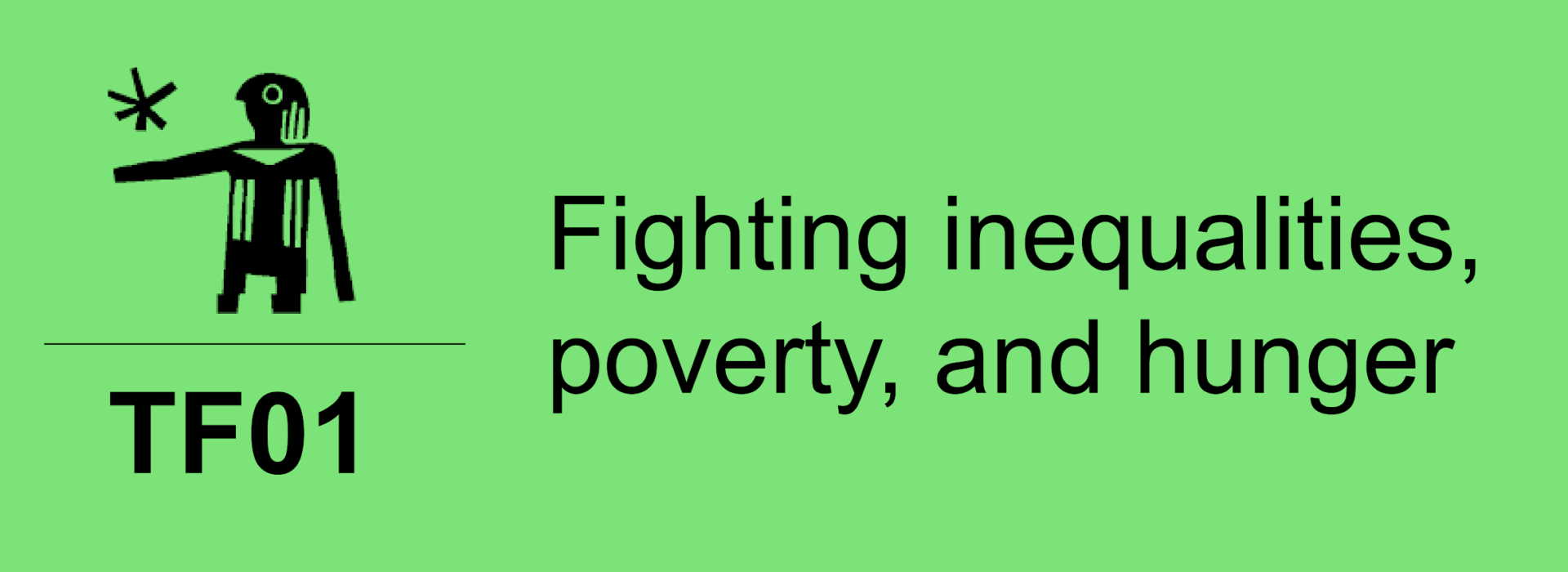The women’s health gap is the result of decades of persistent disparities between women and men in terms of data, intervention efficacy, and care delivery. Growing evidence underscores that closing this gap not only benefits outcomes in the healthcare sector but also proves to be an effective strategy for achieving long-term prosperity, eradicating poverty, empowering women, and fostering social, political, and economic participation, thereby positively impacting many of the SDGs. Women currently spend 25% more of their lives in poorer health compared to men, signaling an urgent need for targeted interventions (World Economic Forum 2024). Additionally, closing the gender gap in labor markets could unlock a staggering $5.3 trillion in GDP (International Labor Organization 2017). Despite the substantial economic returns and the knowledge that women’s health is fundamental to advancing gender equity, only 4% of investments in health specifically target women’s health (World Economic Forum 2023). This policy brief elevates the crosscutting impact of maternal, sexual, and reproductive health, outlines actionable recommendations, and offers a roadmap for G20 leaders to set forth a focused global agenda on women’s health to accelerate change and reduce inequality at the local, national, and international levels. Recommendations feature new research assessing the extent to which investments in family planning technology and services contribute to reducing the gender pay gap. Integrated findings from relevant projects and new assessment tools like the Global Contraception Policy Atlas, help to create a comprehensive review that contextualizes equality-enhancing family planning policies within a G20 framework, contributing to a better understanding of the impact of investing in women’s health and family planning in accelerating achievement of the SDGs, providing valuable insights for policymakers to design and implement effective strategies.
Register for Updates
Would you like to receive updates on the Global Solutions Initiative, upcoming events, G7 and G20-related developments and the future of multilateralism? Then subscribe here!
1 You hereby agree that the personal data provided may be used for the purpose of updates on the Global Solutions Initiative by the Global Solutions Initiative Foundation gemeinnützige GmbH. Your consent is revocable at any time (by e-mail to contact@global-solutions-initiative.org or to the contact data given in the imprint). The update is sent in accordance with the privacy policy and to advertise the Global Solutions Initiative’s own products and services.









